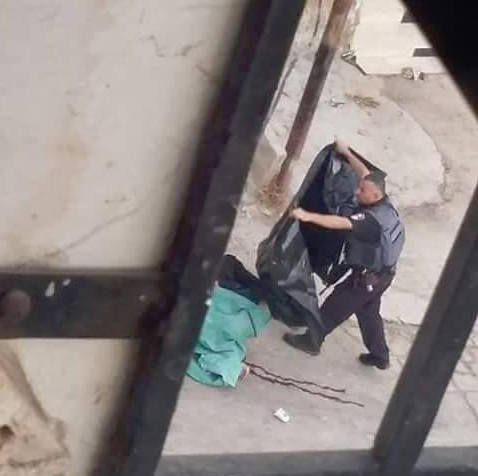Tag: Tel Rumeida
-
Residents of Tel Rumeida participate in two sit-ins at checkpoints to demonstrate against increased harrassment in the area
23rd June 2018 | International Solidarity Movement, Al-Khalil Team | Hebron, occupied Palestine On Thursday the 21st of June, a group of around a hundred Palestinian residents of Tel Rumeida gathered at the checkpoint outside of the Jabal Al Rahma mosque to protest against the constant delays, harassment and humiliation that happen in the area. A…
-
‘I am here, I resist’: ISM catches up with Nisreen Azzeh, who uses her artwork to resist against the brutal Israeli occupation of her homeland
4th June 2018 | International Solidarity Movement, Al-Khalil Team | Hebron, occupied Palestine Nisreen Azzeh’s house sits high up on a hill in the Tel Rumeida area of the occupied city of Hebron (al-Khalil is the Arabic name of the city) in the south of the West Bank. The way to her house is difficult…
-
Israeli forces kill four Palestinians within 48 hours
17th September 2016 | International Solidarity Movement, al-Khalil team | Hebron, occupied Palestine Today, the 17th of september, a young Palestinian man on the age of 22 was shot dead by Israeli forces in Tel Rumeida. Hatem Abed Hafez Shalludi is now the fourth Palestinian that has been killed by Israeli soldiers within the last 48…



